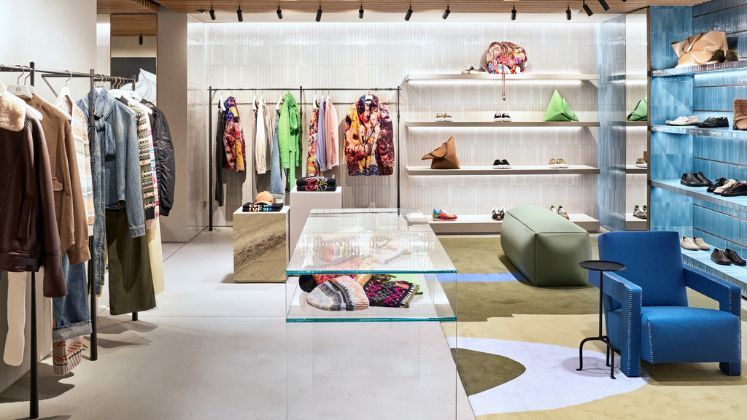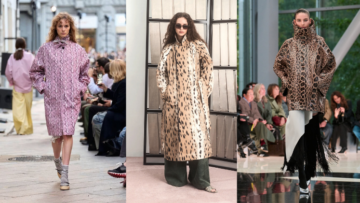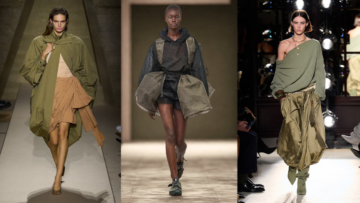
Global luxury leader LVMH reported softer-than-forecast quarterly sales on Thursday, with its flagship fashion and leather goods segment performing lower as trade tensions between the US and Europe simmer.
The French multinational company—comprising over 70 brands such as Louis Vuitton, Dior, Moët & Chandon, and Cheval Blanc hotels—is accustomed to relying on its international size in order to ride out market volatility. But with consumer exhaustion and decreased luxury appetite, even LVMH is not immune.
For the second quarter through June, LVMH recorded a 4% year-over-year decline in revenue to US $ 22.95 billion less than analysts had estimated a 3% decline, according to Visible Alpha, via UBS. Its fashion and leather segment, responsible for the profitability of the company, dropped 9%—more than the estimated 6% decline.
Despite the dip, CFO Cécile Cabanis expressed cautious optimism for the rest of 2025, noting that ongoing trade negotiations between the EU and the Trump administration could soon yield favourable developments. When asked about the potential imposition of a 15% general tariff on US-bound exports, Cabanis said it would still be a “positive signal” for consumer sentiment.
She said some LVMH brands—excluding wines and spirits—retain pricing room to ease the sting of any new tariffs.
In China, where there has been a weakening real estate downturn deflating luxury demand, Cabanis saw evidence of revival. The launch of Louis Vuitton’s stunning ship-shaped Shanghai flagship store has reaffirmed the brand’s international appeal and strength to generate buzz in a tough market.
Industry experts continue to view the ongoing downturn as cyclical, triggered by weak Chinese demand, sustained inflation, and risk aversion over US trade policies. But after two years of slowing sales after a post-COVID boom, doubts are rising over the sector’s longer-run momentum, with luxury houses now scrambling to revive their appeal.
Based on consultancy Bain, global luxury sales may drop by 2% to 5% in 2025, down from a 1% fall in 2024.
LVMH has reacted by changing creative directors at a number of core houses—including Dior, Celine, Givenchy, and Loewe—although those changes are just beginning and will take time to pay off.






